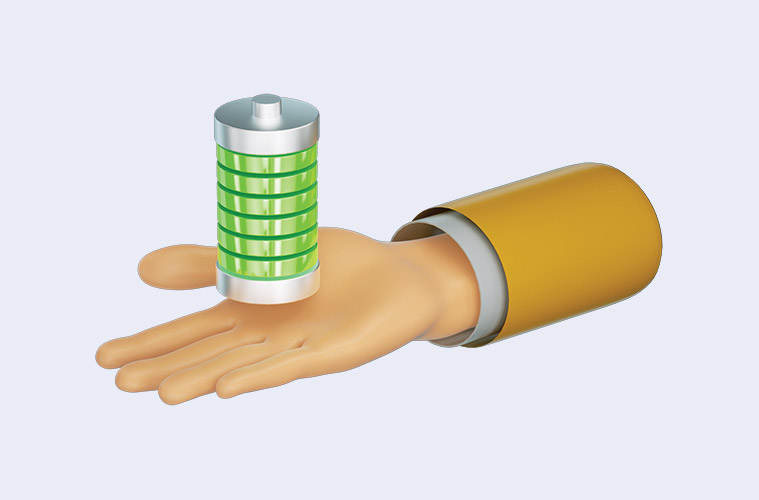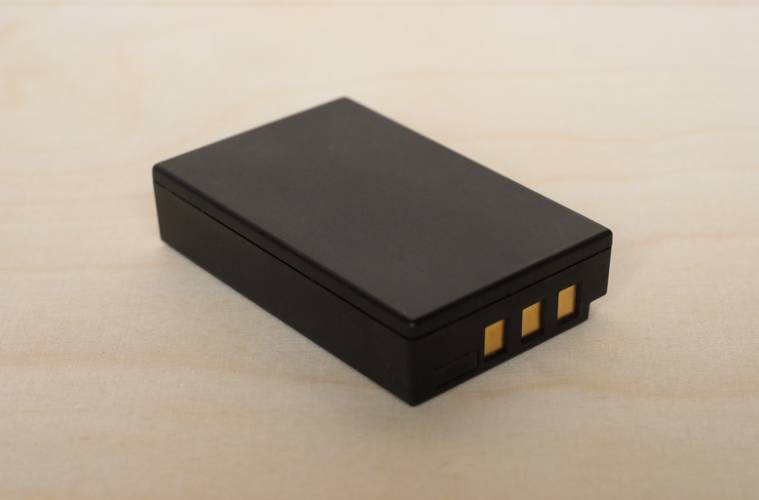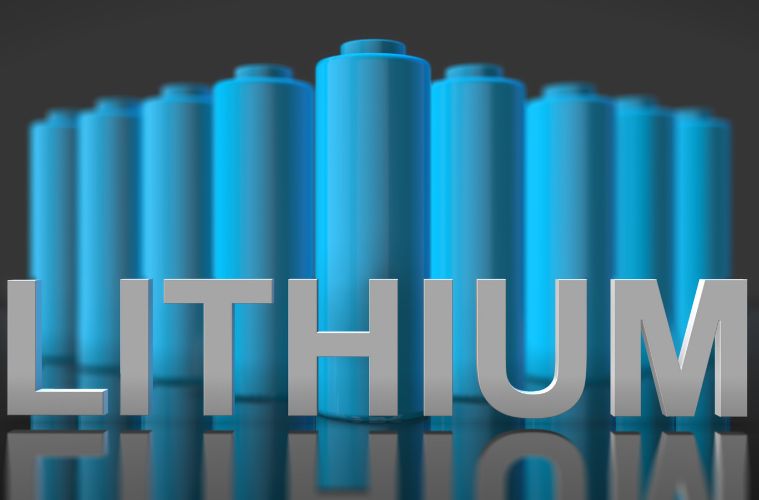
Aftermarket batteries, also known as non-OEM batteries, are batteries that are not manufactured by the original equipment manufacturer (OEM). These batteries are often sold as a less expensive alternative to OEM batteries, but they may not always be of the same quality or performance. When it comes to warranties, the Magnuson-Moss Warranty Act plays a crucial role in the use of aftermarket batteries.
The Magnuson-Moss Warranty Act, passed in 1975, is a federal law that regulates consumer product warranties. One of its key provisions is that it prohibits manufacturers from voiding a product’s warranty solely because the consumer used an aftermarket part. This means that if a consumer uses an aftermarket battery on their device, the manufacturer cannot void the warranty on that device as a result. However, the Magnuson-Moss Warranty Act does not prohibit manufacturers from denying warranty coverage if an aftermarket battery is the cause of the problem that the consumer is experiencing.
It’s important to note that while the Magnuson-Moss Warranty Act protects consumers from manufacturers voiding warranty solely because of aftermarket parts, it doesn’t mean that manufacturers are required to warranty aftermarket parts or that they are of the same quality as OEM parts. Therefore, consumers should be aware that aftermarket batteries may not always be of the same quality or performance as OEM batteries.
Additionally, it’s important for consumers to check the warranty policy of the device before purchasing an aftermarket battery, as in some cases the use of an aftermarket battery may void the warranty of the device.
In summary, the Magnuson-Moss Warranty Act prohibits manufacturers from voiding a product’s warranty solely because the consumer used an aftermarket battery, but it doesn’t mean that manufacturers are required to warranty aftermarket batteries or that they are of the same quality as OEM batteries. Consumers should research and consider the quality and compatibility of aftermarket batteries before purchasing them, and be aware that their use may void the warranty of the device.
There are many manufacturers of aftermarket batteries, both in the US and internationally. Some of the major manufacturers of aftermarket batteries include:
- Exide Technologies: Exide Technologies is one of the world’s leading manufacturers of aftermarket batteries. They offer a wide range of batteries for automotive, industrial, and marine applications.
- Johnson Controls: Johnson Controls is a global leader in the manufacturing of aftermarket batteries. They offer a wide range of batteries for automotive, industrial, and marine applications.
- EnerSys: EnerSys is a leading manufacturer of aftermarket batteries, particularly for industrial and motive power applications. They offer a wide range of batteries including lead-acid, nickel-cadmium, and lithium-ion batteries.
- Optima Batteries: Optima Batteries is a well-known manufacturer of aftermarket batteries for automotive and marine applications. They are known for their high-performance AGM (Absorbed Glass Mat) batteries.
- ACDelco: ACDelco is an aftermarket brand owned by General Motors (GM) and offers a wide range of batteries for automotive, industrial and marine applications.
- Bosch: Bosch is a well-known global manufacturer of aftermarket batteries for automotive and industrial applications. They are known for their high-performance AGM batteries.
- Yuasa: Yuasa is a well-known manufacturer of aftermarket batteries for automotive and industrial applications. They offer a wide range of batteries including lead-acid, nickel-cadmium, and lithium-ion batteries.
- Delphi: Delphi is a global technology and aftermarket brand that offers a wide range of batteries for automotive and industrial applications.
These are just a few examples of major manufacturers of aftermarket batteries. It’s important to note that these manufacturers offer a wide range of batteries with different specifications and quality. Consumers should research and consider the quality and compatibility of aftermarket batteries before purchasing them.




